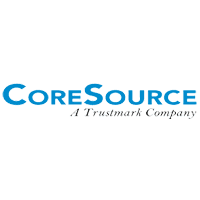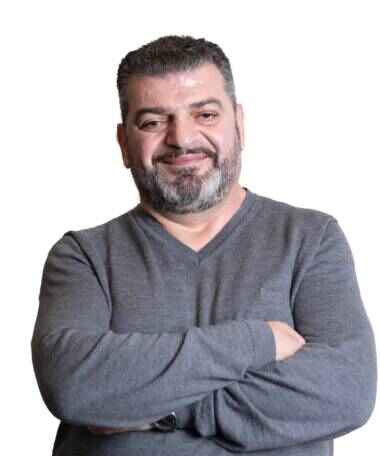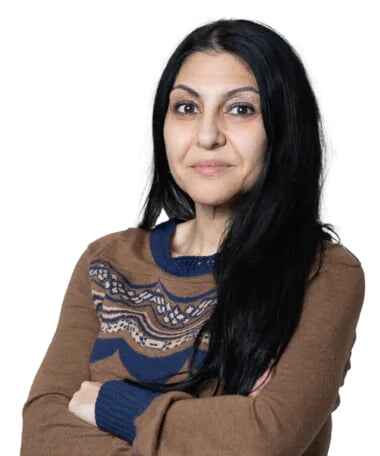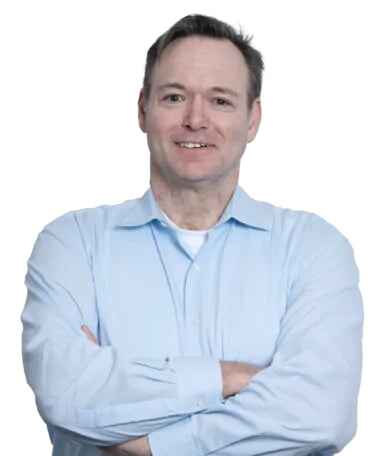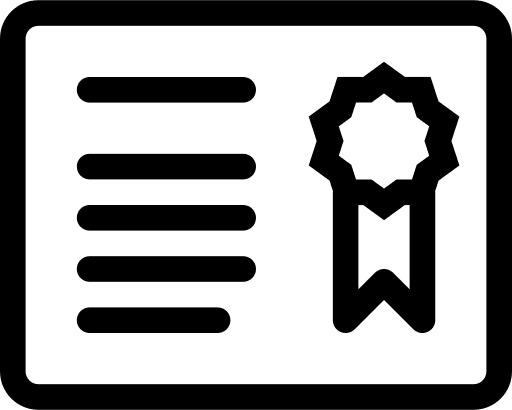About Absolute Control Transitional Counseling Center – Pasadena
Absolute Control Transitional Counseling Center is an alcohol and drug rehab in Pasadena, California. They provide medical detox, residential addiction treatment, outpatient care, and sober living.
The residential program can last between a few weeks to a few months. Treatment consists of intensive therapy, access to round-the-clock professional support and supervision, peer-to-peer support, family therapy, and psychoeducation.
The outpatient program includes evaluation, intervention, relapse prevention, psychoeducation, group and individual therapy, medication-assisted treatment, and awareness. Treatment focuses on the underlying causes of addiction, personalized support, and coping skills.
The sober living and structured facilities offer comfortable amenities for individuals looking to get back on their feet after treatment. Sober living focuses on reducing or eliminating the risk of relapse, creating a peer community, incorporating or continuing a long-term success plan, and continuing outpatient treatment and meetings.
Absolute Control Transitional Counseling Center may accept a wide range of insurance plans, such as Humana, Ambetter, Cigna, Anthem Blue Cross Blue Shield, United Healthcare, Aetna, and more. Because insurance plans vary, be sure to verify coverage information and out of network details with the insurer.






